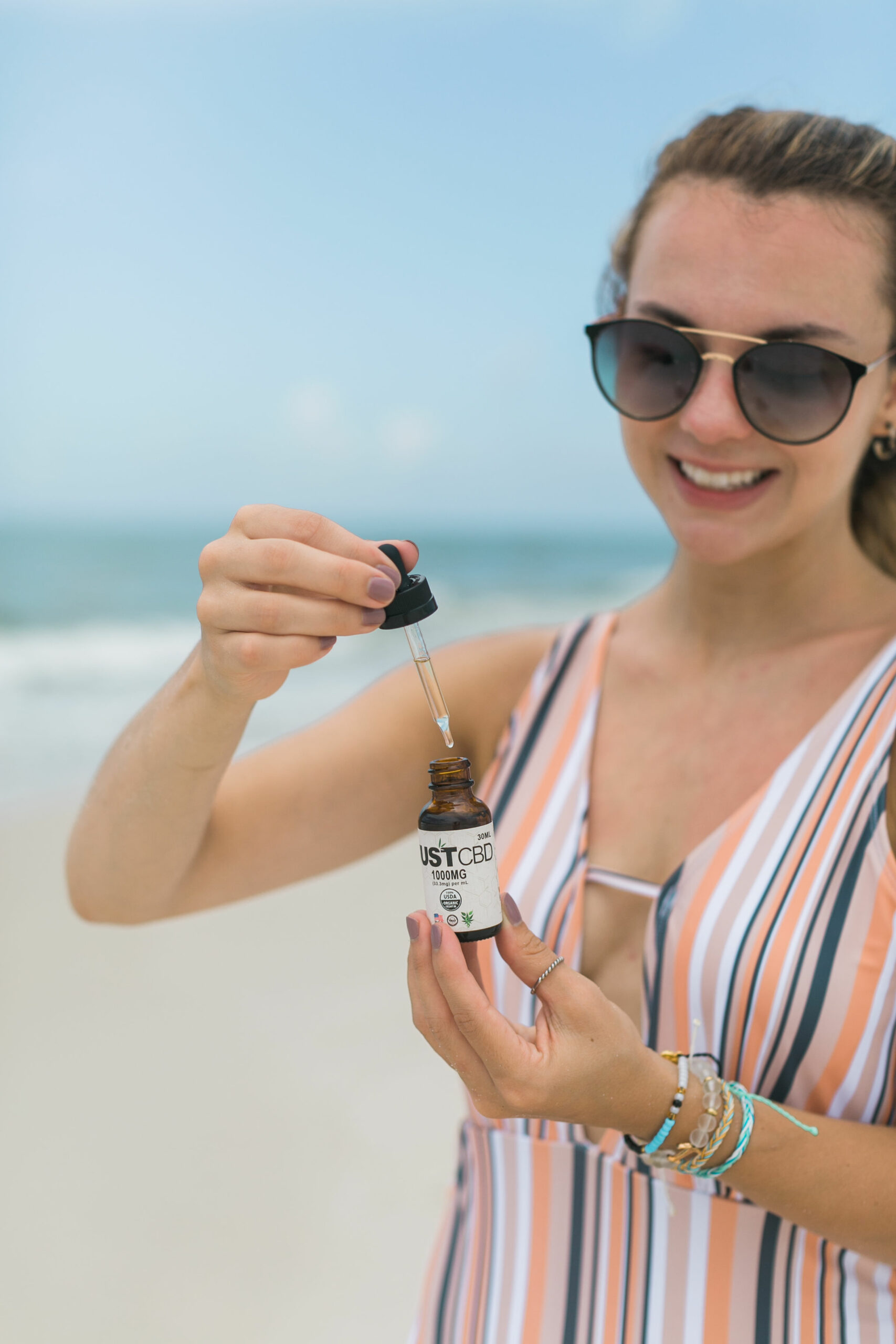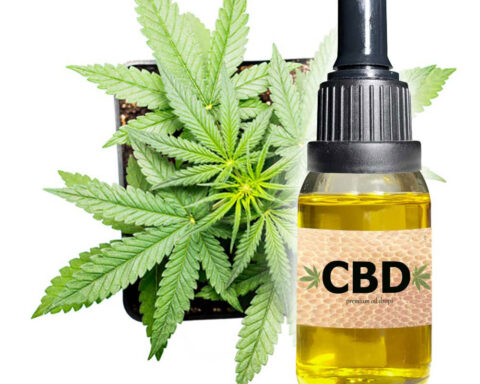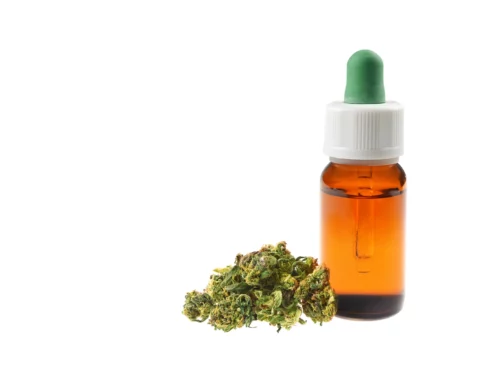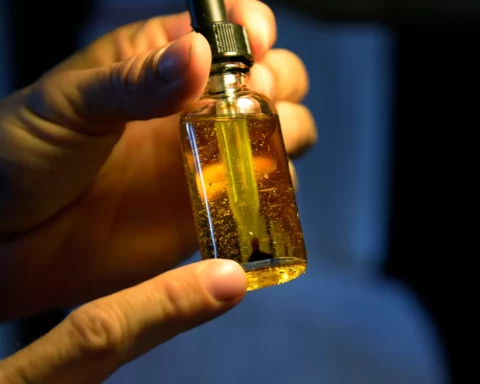CBD is a reputed THC-free cannabis compound used worldwide. Most people believe that it acts as a remedy for various health conditions such as insomnia and anxiety. It also helps with general well-being improvement. CBD is popularly used in many ways, from tinctures to food and drink infusions and topical balms. You may then be curious to know the various uses and advantages of CBD oil. This article explores some of the uses and benefits of CBD oil and the expected side effects.
Why Prefer CBD Oil?
Cannabidiol is one of the hundreds of compounds contained in the hemp plant. CBD is a rather friendly compound that does not bring about the psychoactive effect of intoxication that some cannabinoids like THC have on the body. Ultimately, this is what makes CBD a good choice for people seeking its positive wellness benefits without having to experience the ”high” sensation attributed to cannabis products. CBD oil results from a mixture of hemp-extracted CBD and a carrier oil such as olive oil. It is infused in various products available online and in retail stores. These products include massage ointments, bath concoctions, beverages and food substances.
There is a lot to debate concerning CBD oil and other cannabis-based products, owing to the infamous use of cannabis for recreational purposes. Nevertheless, CBD is becoming a popular option in general wellness matters. Anecdotal evidence suggests that CBD may deliver positive results for conditions like pain and mental uneasiness. Below are some of the potential health advantages of CBD oil and some expected negative effects.
CBD May Help Reduce Pain.
CBD oils may have a soothing effect on pain in the body. Studies show that CBD may help considerably with the pain with chemotherapy sessions. NIH is reportedly sponsoring studies to explore the viability of CBD in addressing issues related to individual complications such as spinal injuries, MS and chronic pain, muscle pain, and age-related joint problems. Some countries like the UK and Canada have approved a drug known as Sativex to be used to treat MS pain. The drug is, in essence, a combination of CBD and THC. Medical experts, however, argue that the drug’s healing properties lie majorly on the anti-inflammatory properties of CBD rather than actual pain-relieving effects. It is not yet fully established if CBD should be effectively used as a clinically certified pain reliever.
CBD Oils May Help People With Seizures.
Researchers consider CBD a highly plausible solution for people with epileptic conditions. Although the research is still vague, credible authorities believe there is hope in CBD research for seizure-related complications. Ongoing studies aim to determine the safety of CBD and the amount needed to reduce seizures in epileptic patients successfully.
CBD May Help With Anxiety and Mental Uneasiness.
CBD could lend a hand in anxiety issues by affecting how the brain receptors react to serotonin. The brain’s receptors receive and analyze any chemical messages and dictate how the cells respond to a particular stimulus. Some early studies show a possibility of CBD easing anxiety by reducing high heart rates, managing PTSD symptoms, and encouraging sleep. CBD is also believed to help lower stress levels.
CBD May Help With General Skin Inflammation.
CBD is popularly considered an anti-inflammatory compound, despite the absence of certified clinical evidence to prove this property. This means there is a possibility CBD oil may help manage acne on human skin. Some evidence suggests that CBD oil may restrict activity in the glands responsible for producing sebum that keeps the skin hydrated. By preventing excess sebum production, CBD may help prevent the multiplication of acne on the skin. This does not certify CBD oil for acne management. However, seek the doctor’s advice first before you decide to use it. Research is in progress to determine the effectiveness of CBD oil in managing acne.
CBD May Contribute to Cancer Treatment.
Some researchers have explored CBD as an option for suppressing cancer cell growth in the body. It is possible that CBD can mitigate cancer symptoms and ease the side effects of cancer treatment processes. However, no hemp-based compound is clinically recommended as a certified remedy for cancer. CBD’s anti-inflammatory properties give hope to the possibility of cancer treatment. CBD has been reputed to manage acne on the skin by restricting cell reproduction. Research is still ongoing to determine if CBD has the same effect on some cancerous tumor cells.
In addition, researchers are exploring how CBD reacts with CB1 brain receptors in the body. This could help establish CBD as an eligible solution for chronic mental and nerve disorders. If successful, CBD might address mental disorders like stroke, MS, Parkinson’s, and Alzheimer’s diseases. CBD’s anti-inflammatory effect may also be useful in easing the effects of such mental disorders.
Possible Side Effects of CBD
CBD typically poses no significant health risks to consumers. However, there are several potential side effects that one can expect from CBD intake. These may include dizziness, THC-induced hallucination, depression, low BP, irritability, and lack of sleep. Generally, CBD oil is not exactly safety assured, as more research is still needed to fully figure out the scope of risks and side effects that can be expected from CBD. This research is hindered majorly by legal authorities’ strict regulations placed on cannabis products. The legalization of CBD could help make research easier.
Conclusion
CBD oils may relieve several physical and mental health complications, including pain, anxiety, inflammation, and even cancer. Despite this, no CBD product is clinically certified or endorsed by the FDA or any other authority for use in treating any medical condition. Users consume CBD products at risk of potential side effects or following advice from credible medical practitioners. CBD has many potential uses supported by anecdotal evidence, although they are yet to be scientifically verified. Therefore, it is important to carry out thorough personal research to find out how each product affects you and which suits you best.
- Elevate Energy, Soothe Stress, And Peak Performance with The New UNBEETABREW Coffee Sensation - September 21, 2023
- Chef Bob’s Coffee: A Journey Fueled by Passion - July 29, 2023
- Amatera: Redefining Beauty by Embracing Aging Gracefully - June 10, 2023









